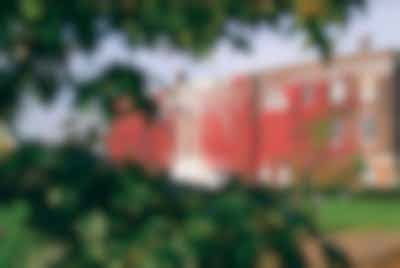
BSc Computer Science
Webinar on August 14: Global Degrees on Coursera | Register here


BSc Computer Science
University of London
Accredited Bachelor's degree
Offered by the University of London
36-72 months
23 courses total, 14-28 hours per week
£13,967-£20,791 total cost
Tuition varies by geographic location
Specialise in 1 of 7 fields
ML & AI, data science, web & mobile dev, physical computing & IoT, game dev, VR, or UX
100% online
Lecture videos, live sessions, group feedback, and connection with instructors and peers
Study at the world-renowned University of London - from anywhere in the world
The BSc Computer Science programme is fully developed and taught by the same faculty that teaches on-campus at Goldsmiths, University of London. When you complete your degree, you’ll be invited to the university’s annual graduation ceremony in London.
The university provides a course syllabus and exam timetable at the start of every term, to help you balance your study commitments and meet your deadlines.
Leveraging Coursera’s online education platform to deliver the programme curriculum allows BSc Computer Science students to benefit from Coursera features such as interactive video transcription, in-course note taking, and seamless learning across multiple devices.
Degrees on Coursera are powered by technology that helps you spark meaningful connections with your faculty and peers. Courses include weekly pre-recorded video lectures, quizzes, and programming assignments. There’s no live attendance required, so you can keep up your studies during commutes or other short periods of spare time.
Students collaborate on group projects using Zoom and Slack, and can access instructors during office hours. Faculty are hands-on, expertly facilitating lively and thought-provoking classes and projects.
Fall 2025 deadline: September 8
Don’t miss your chance to join the cohort!